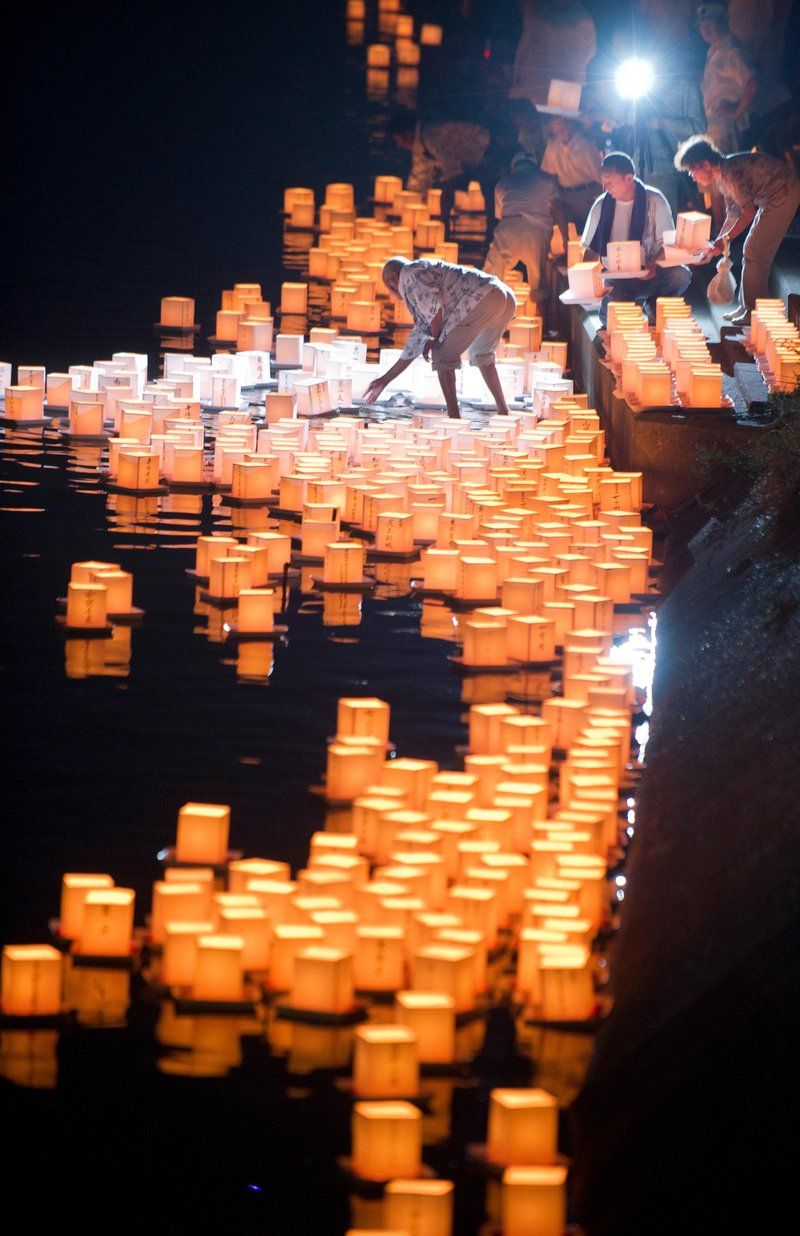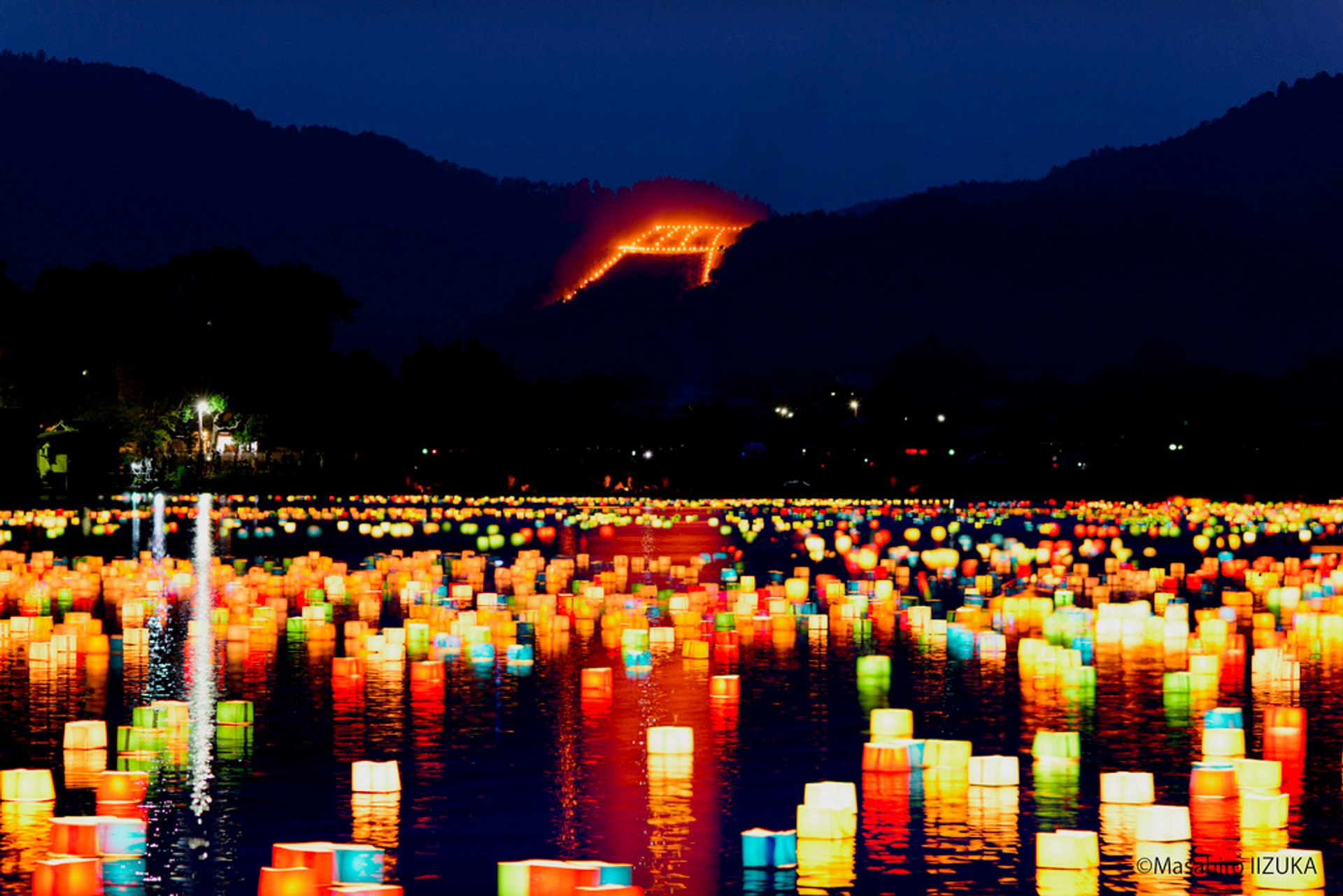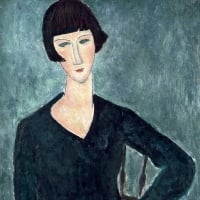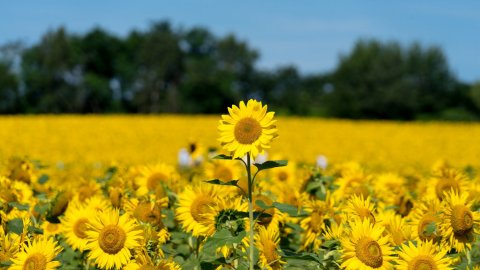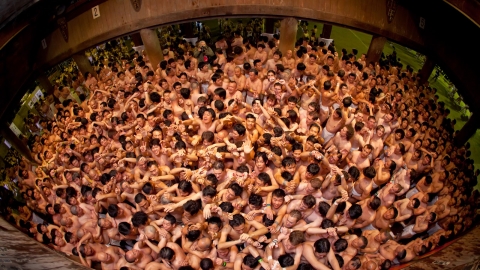The Obon festival originates from Buddhism and is associated with the story of Bodhisattva Maudgalyayana descending into hell to rescue his mother. The festival's official name is Urabon (Ullambhana), a Sanskrit transliteration of the word Ullambhana (meaning rescuing souls from suffering). According to the Buddhist concept of reincarnation, during the Urabon festival, people offer delicious food and burn paper money and clothing for the deceased so they do not suffer hunger and thirst in the afterlife, hoping they will quickly be reborn into another life. However, although the Obon festival is also held to commemorate the deceased, the Japanese believe that the dead become spirits that bless their family members, not reincarnating into another life. They return to the earthly world during Obon to celebrate with their descendants. This is likely due to the influence of Shintoism, Japan's indigenous religion, which has shaped the Obon festival with its unique characteristics.
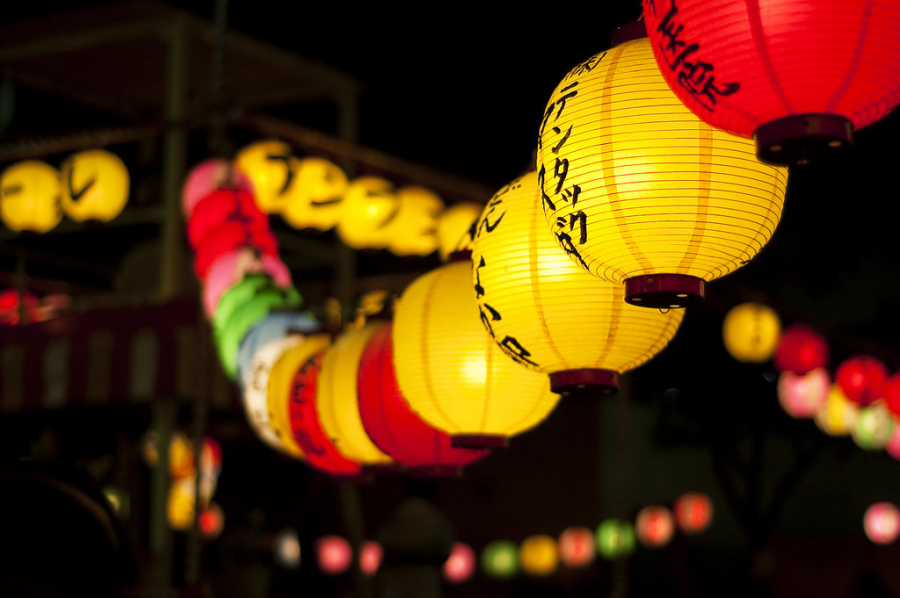
Japanese people often hang lanterns to welcome spirits during the Obon festival.
The Obon festival shares some similarities with the seventh lunar month – the day of atonement for the deceased in Vietnam. However, according to Vietnamese beliefs, the seventh lunar month is considered the month of wandering spirits, unlucky and inauspicious, with many taboos, avoiding travel and long journeys, and many families even observe vegetarianism and recite Buddhist prayers. In contrast, the Obon festival in August in Japan is an occasion for Japanese people, even those living far away, to gather to visit their grandparents and parents, and pay respects at the graves of loved ones, combining it with sightseeing, travel, and participation in various festivals. This is a major summer holiday in Japan, with companies and factories taking time off, sometimes lasting up to 10 days. Employees take advantage of this time to return home to visit family, visit graves, or travel.
The Obon festival typically lasts three to four days, although the starting date varies across regions of Japan. Shichigatsu Bon (July Bon), celebrated on July 15th (Gregorian calendar), is held in areas such as Tokyo, Yokohama, and Tohoku. Kyu Bon (Old Bon) is celebrated on July 15th (Lunar calendar) in the northern Kanto, Chugoku, Shikoku, and southwestern islands. Hatchigatsu Bon (August Bon) is celebrated on August 15th (Gregorian calendar), with the official dates usually from August 13th to 16th. This is the most popular and largest Obon festival, held in the former capital of Kyoto. This difference began when Japan switched from the lunar to the solar calendar at the beginning of the Meiji era.
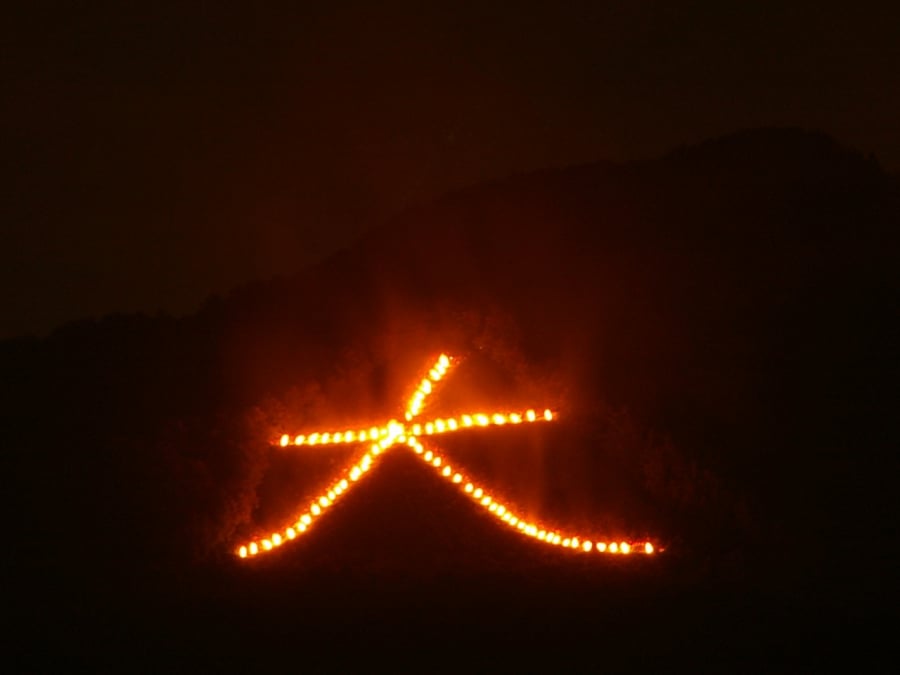
The Gozan Okuribi fire-burning ceremony on five mountains in Kyoto aims to guide the deceased back to the spiritual world after the Obon festival.
The Obon festival takes place in August, in the following order:
On the 12th, people will clean the altar and prepare decorations, offerings, and lanterns. If there has been a recent death in the family, they must also prepare offerings for those who come to pay their respects.
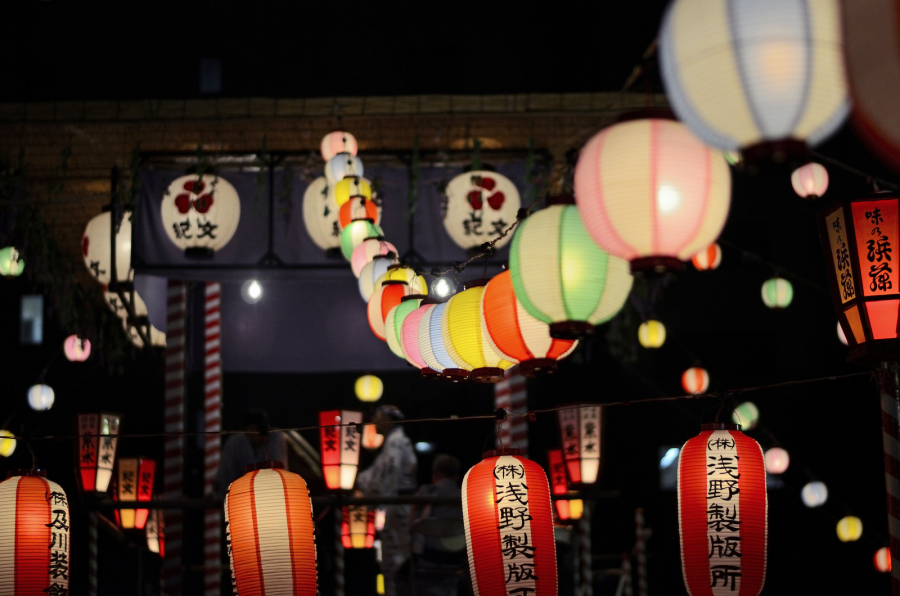
The 13th is the day of welcoming the spirits, also known as Obon. Family members gather and visit ancestral graves. In the evening, they place lit lamps in front of the altar and burn stripped thorns in the garden and at the gate. This is called the "Welcoming Fire," believed to help the spirits find their way home.
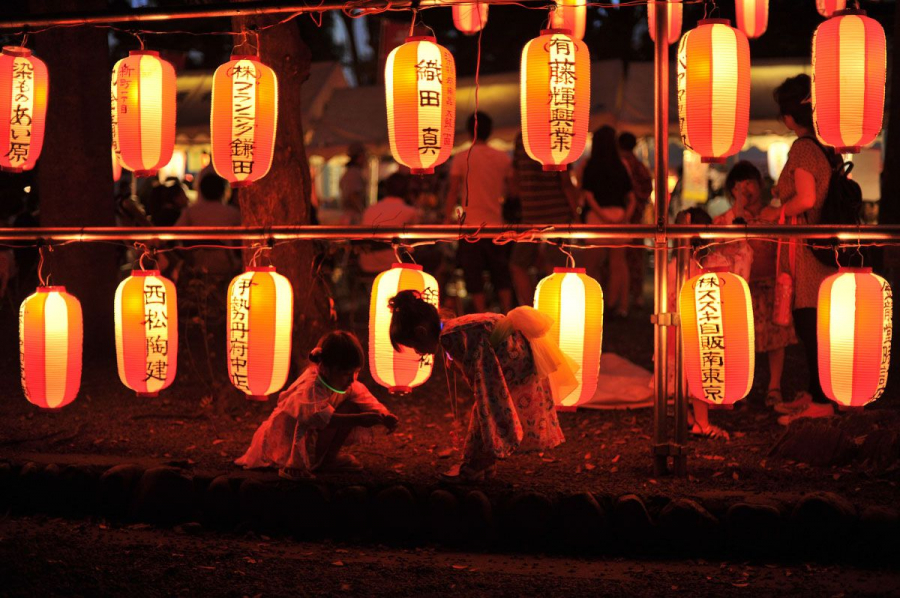
The 14th and 15th are the official days of Obon. This is the time when spirits stay in the house. During this time, offerings are placed on altars to worship the spirits. This is also when street events begin.
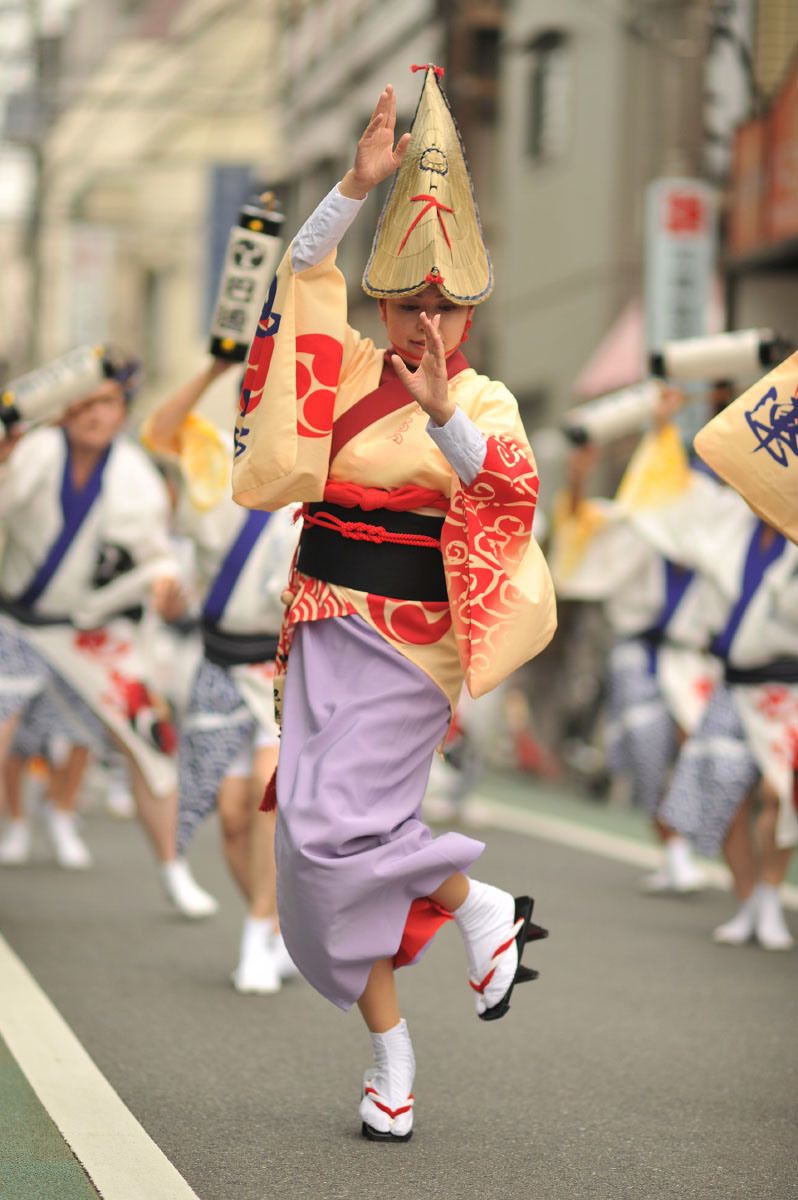
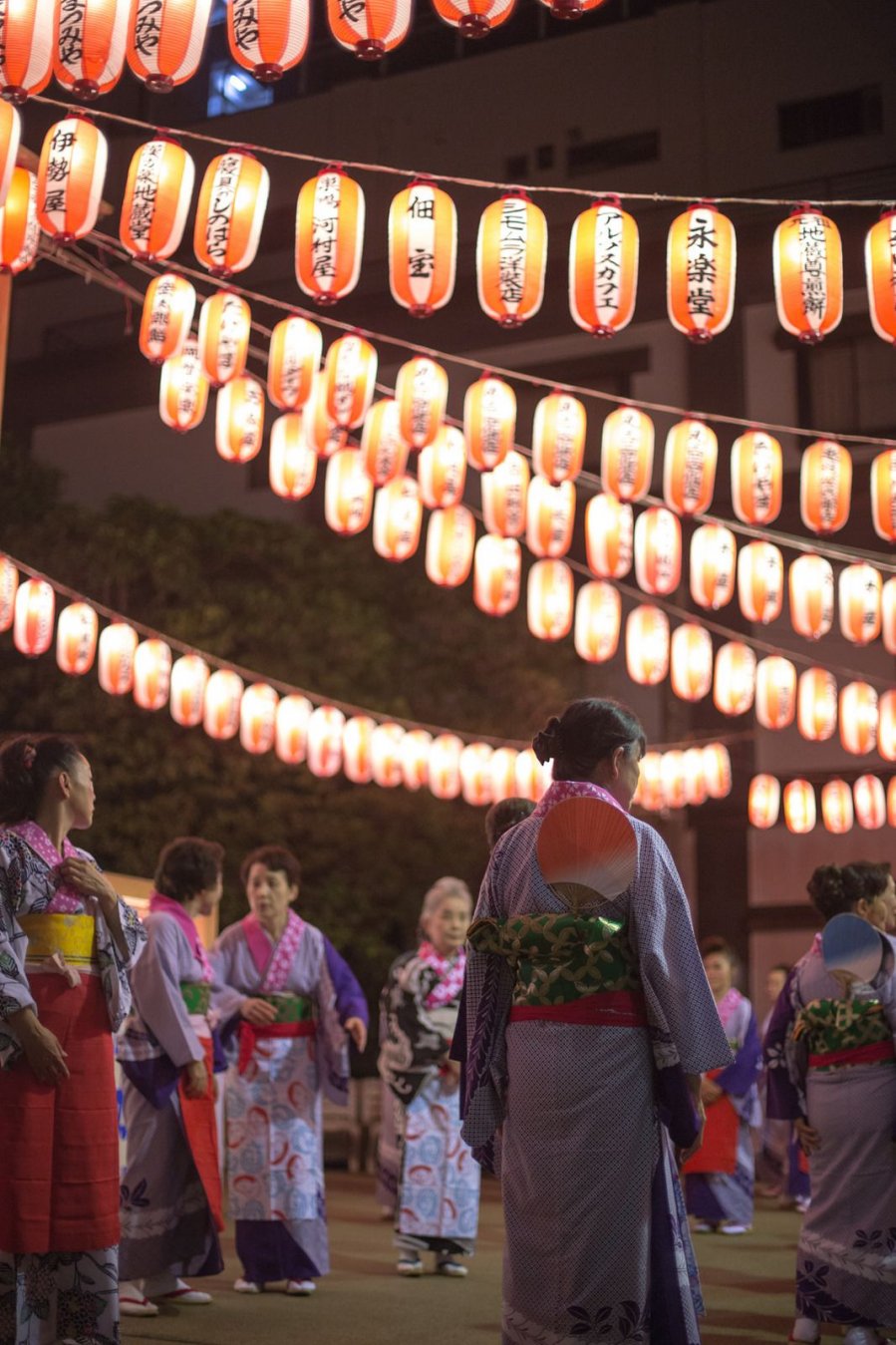
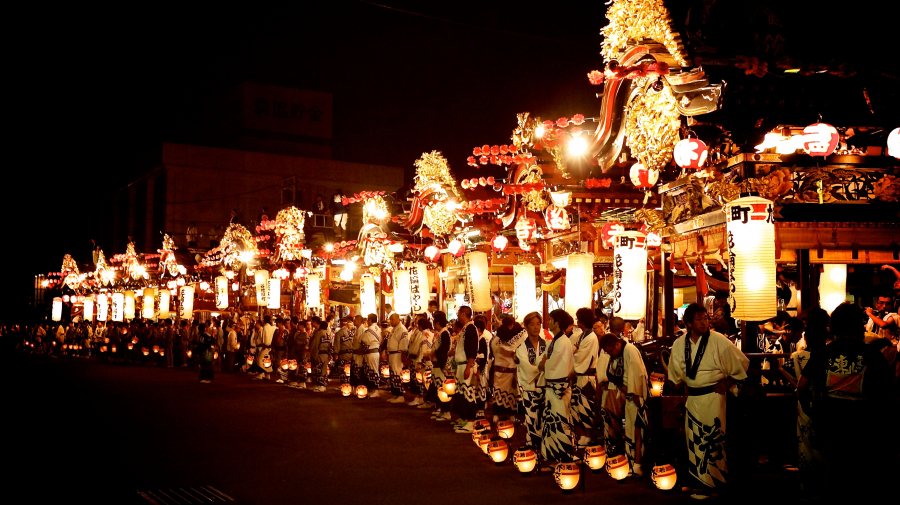
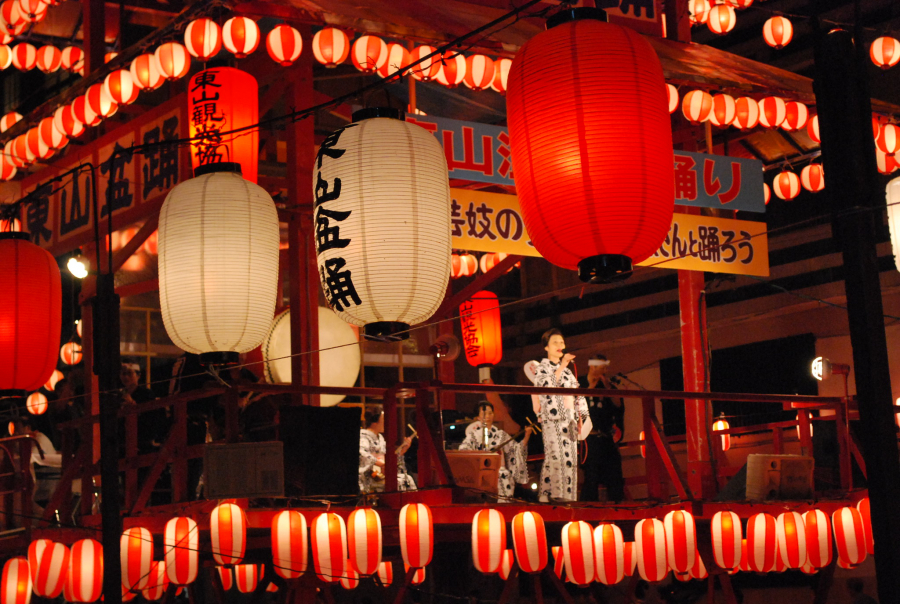
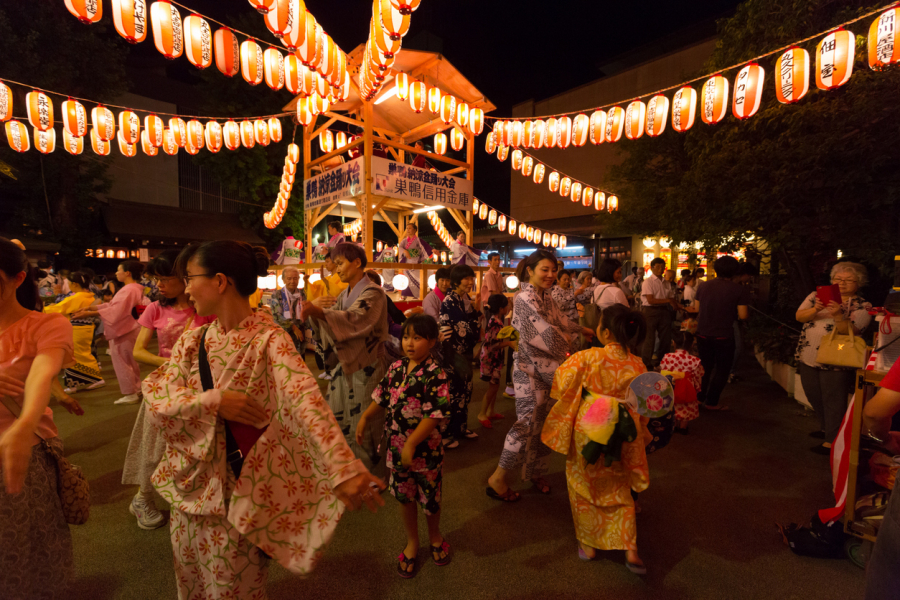
The 16th is the day to bid farewell to the souls. At this time, people light the "Farewell Fire" at the same spot where the "Welcome Fire" was lit to illuminate the path as the souls journey to the afterlife. In some places, people also send off the souls by releasing lanterns into the river.
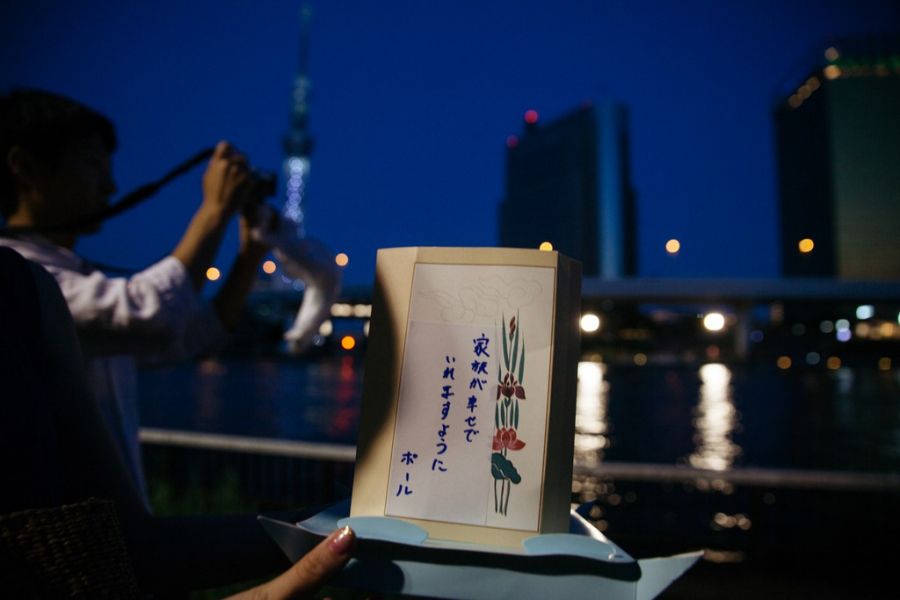
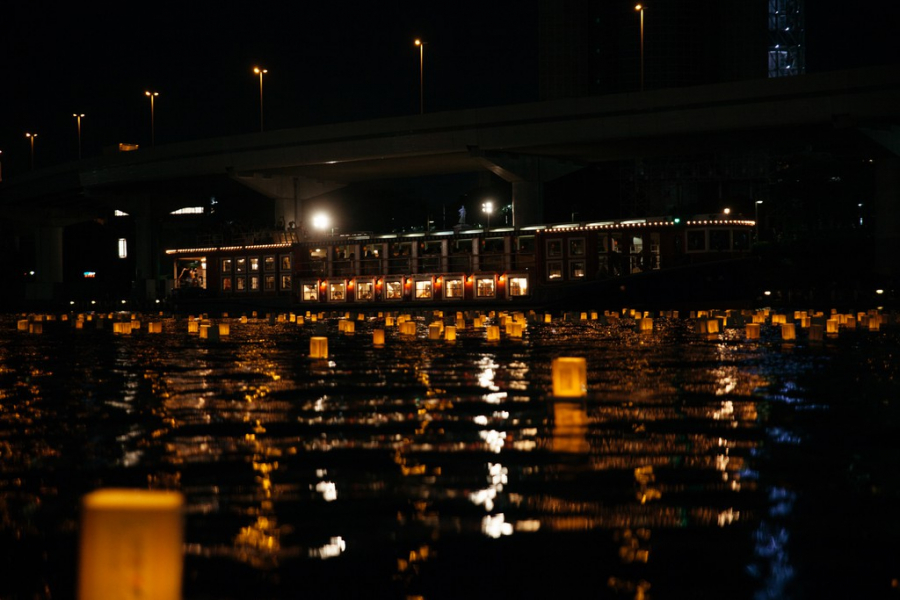
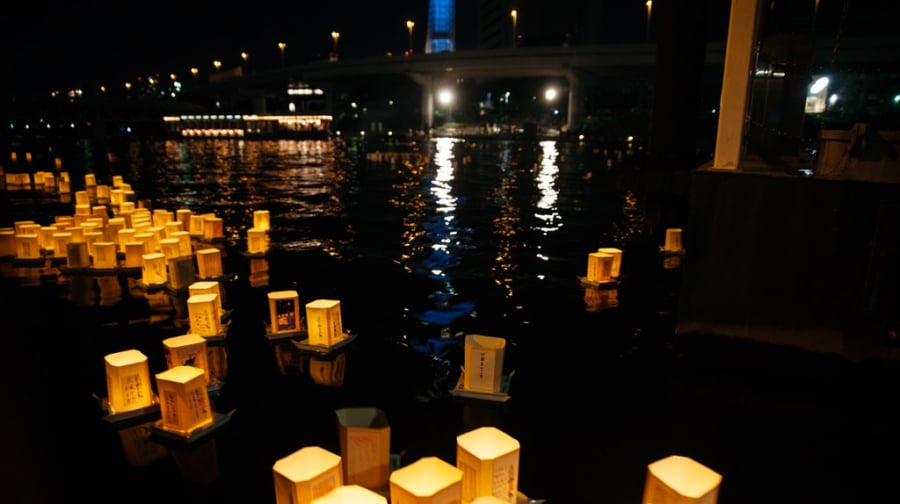
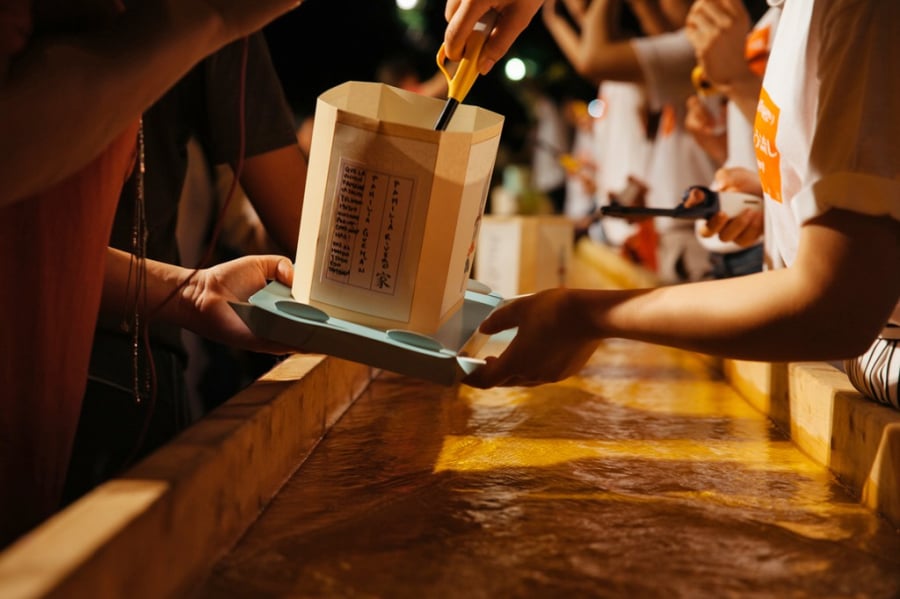
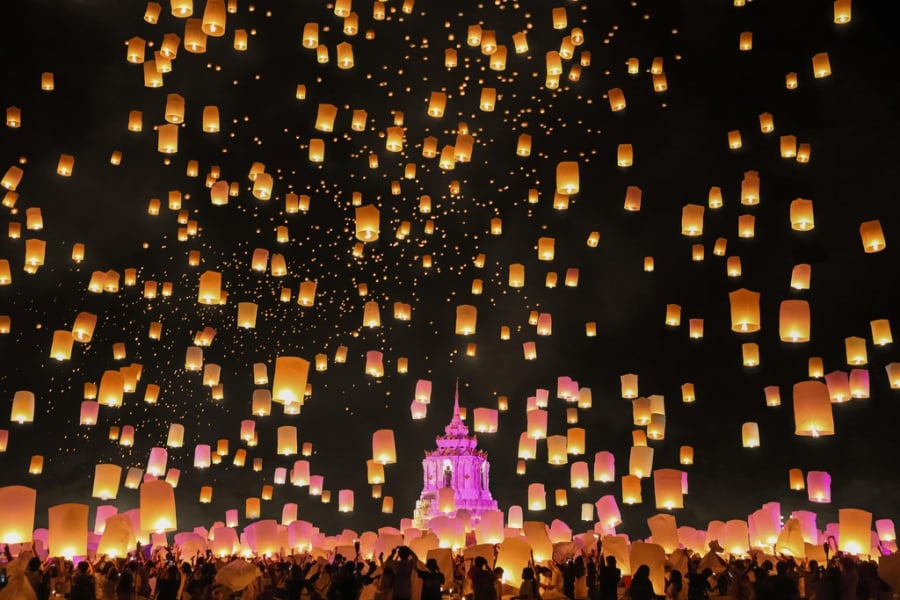
Nowadays, many Japanese families celebrate Obon in a simpler way, and many people no longer remember the traditional rituals of Obon, viewing it simply as a long holiday, a time to return to their hometowns to visit family, travel, or participate in summer festivals. Nevertheless, Obon remains an important festival for the Japanese, a time for family reunions and bonding. Therefore, the beauty of Obon has not been lost; on the contrary, it is still preserved in this modern era.

 VI
VI EN
EN



